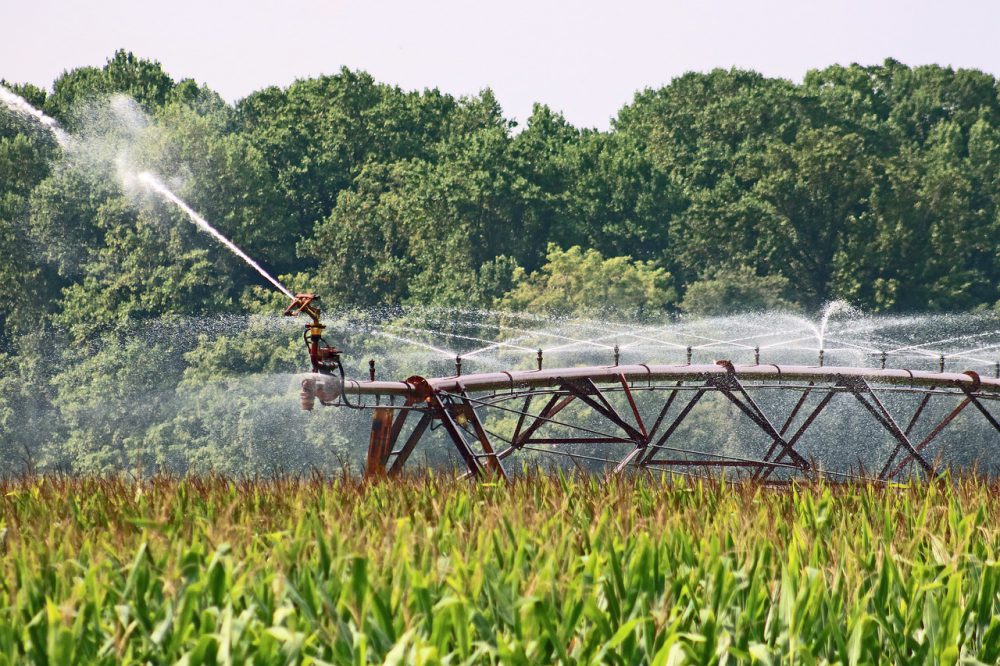Scientists from the University of Birmingham have done some remarkable work with middle-east students to ensure that farmers hurdle irrigation problems.
The project involves a prototype which is basically a desalination device that works on batch-reverse osmosis technology that removes the salt from the water and makes it suitable for irrigation.
The findings of the project can be found in the Journal ‘Desalination and Water Treatment’.
The model is completely ready-made and can be assembled easily. The raw materials used in the equipment are easily available in the middle east.
Trial runs of the model have been conducted in England and Israel and so far the results have been really favorable. The next trial run will be conducted in Palestine.
Professor Philip Davies, a scientist at the University of Birmingham, has been working on this project with students from the UK and the middle east- Jordan, Israel, and Palestine. The problem with the middle-east region is that water resources are commonly shared by many countries. These resources are heavily depleted and salinized.
University of Birmingham moves onto the next phase
The Jordan River Basin is a common source for Israel, Palestine, and Jordan. With people overpumping it and inefficient use of the resource, the salt levels are at a record high in the water. It is expected that at this rate of consumption, the water would be completely deemed unfit for agriculture and consumption.
Engineers from the University of Birmingham have now started to work with Aston University and local players in Israel and Palestine to reach a more efficient solution.
A water desalination plant was proposed earlier but it was too expensive. However, with the efforts and cooperation of students and local bodies, a much more affordable solution will be made accessible very soon throughout the middle east.







